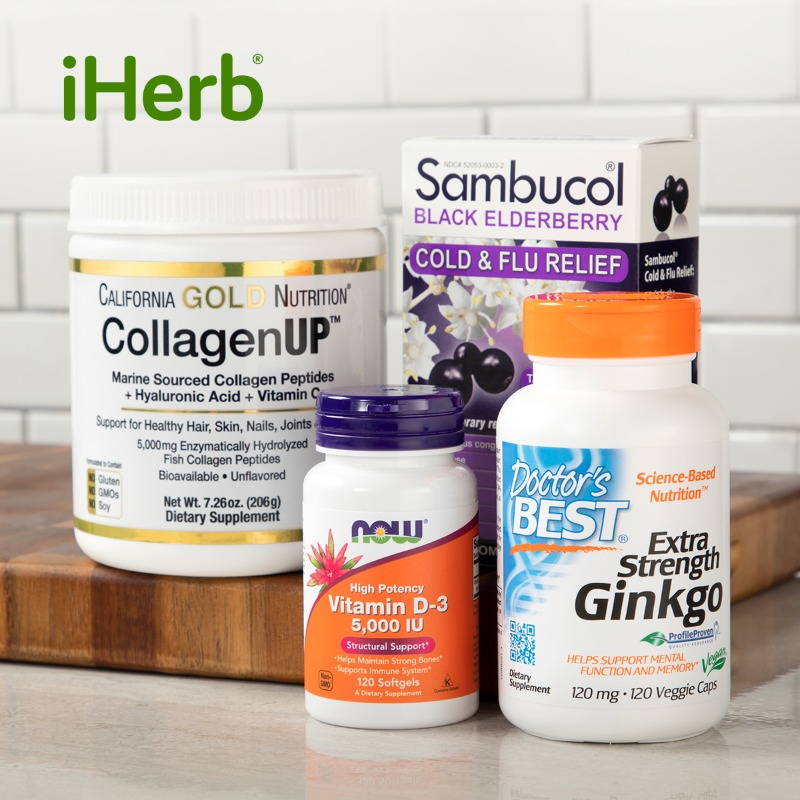Why is beetroot so beloved? Let’s explore its benefits for heart health and beyond.
Beetroot, scientifically known as Beta vulgaris, is a root vegetable that originated in the Middle East or Mediterranean regions. For thousands of years, it has been consumed as food and used in traditional remedies for various ailments such as constipation, intestinal pain, and joint pain. Some cultures even used beetroot to treat dandruff.
The nutritional profile of beetroot is impressive, making it akin to a multi-vitamin supplement. It is rich in iron, magnesium, thiamine, and folate. Modern research has focused on beetroot’s potential benefits for heart health, particularly in the form of beetroot supplements. These supplements are derived from different parts of the beetroot and have been shown to control blood pressure, optimize exercise performance, and support overall heart health by improving cardiac blood flow and cholesterol levels.
Studies have indicated that beetroot supplements can be particularly beneficial for elderly individuals with heart failure. A study involving 20 participants aged between 62 and 76 years found that drinking beetroot juice for seven consecutive days significantly improved their exercise capacity by about 24% and reduced their systolic blood pressure.
Beetroot supplements can increase levels of cyclic guanosine monophosphate (cGMP), a secondary messenger molecule that helps regulate various bodily responses, including blood vessel dilation and relaxation. This mechanism is crucial for maintaining healthy blood flow and reducing blood pressure.
Havasu Nutrition, Beet Root Gummies, Mixed Berry , 120 Gummies

Additionally, beetroot is a potent antioxidant due to its rich content of nutrients like vitamin C, vitamin E, and betalains. These properties make beetroot an effective supplement for promoting vascular strength and elasticity.
Beetroot’s effect on cholesterol is also notable. A study with 20 participants found that those supplemented with beetroot had higher levels of HDL (good) cholesterol and lower diastolic blood pressure compared to the placebo group. HDL cholesterol helps remove excess cholesterol from the blood and transport it to the liver for processing, thus supporting heart health.
Obesity, a risk factor for poor cardiovascular health, can also be managed with beetroot supplements. A study focusing on overweight and obese participants showed that those supplemented with dried beetroot leaves, in addition to nutritional counseling, experienced a significant reduction in LDL (bad) cholesterol levels compared to the control group.
Beetroot supplementation may help regulate blood pressure due to its nitrate content. Nitrates are naturally occurring compounds that, once ingested, can be converted into nitric oxide, a molecule that helps dilate blood vessels and improve blood flow, thus aiding in blood pressure control.
California Gold Nutrition, SUPERFOODS – Organic Red Superfoods, Mixed Berry, 10.58 oz (300 g)

Beetroot also has anti-inflammatory properties, potentially reducing the risk of diseases related to chronic inflammation such as atherosclerosis, rheumatoid arthritis, psoriasis, and inflammatory bowel disease. This anti-inflammatory effect could contribute to longevity and improved overall health.
In terms of exercise performance, beetroot supplements have been shown to increase endurance and benefit heart function, thereby optimizing athletic performance. Studies have demonstrated that beetroot can extend exercise duration and increase power output in trained athletes, benefiting those with peripheral artery disease by allowing longer exercise periods with less pain.
In summary, beetroot supplements offer a powerful adjunct to any heart-healthy lifestyle, with benefits ranging from blood pressure regulation, improved exercise performance, optimized cholesterol levels, to anti-inflammatory effects. These properties make beetroot a valuable addition to a heart-healthy diet and wellness routine.
Force Factor, Total Beets, Organic Beetroot Powder, 15.9 oz (450 g)







